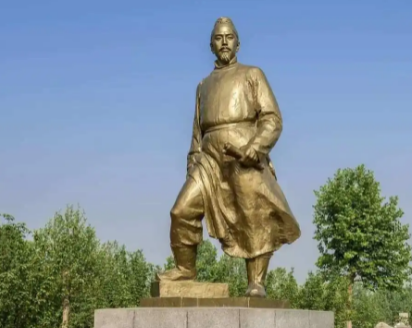In traditional Chinese culture, there are many ancient sayings and folk legends about the birth of boys and girls. Among them, the saying "girls fear noontime births, boys fear midnight arrivals" is widely spread. However, do these ancient sayings have scientific basis? Today, we will explore this issue from multiple perspectives to reveal the mystery behind it.

I. Origin and Meaning of the Ancient Saying
The ancient saying "girls fear noontime births, boys fear midnight arrivals" originated from the Yin-Yang theory in ancient China. According to this theory, all things in the universe are composed of two basic forces: Yin and Yang. As a part of the universe, human gender is also influenced by Yin and Yang. In ancient people's belief, women belong to Yin, and men belong to Yang. Therefore, the birth time of women should avoid the hour of noon (from 11 am to 1 pm), when Yang is the strongest, while the birth time of men should avoid the hour of midnight (from 11 pm to 1 am), when Yin is the strongest.
II. Exploration of Scientific Basis
Although the ancient saying is rooted in the Yin-Yang theory, does it have scientific basis from the perspective of modern science? We can analyze it from the following aspects:
1. Biological Clock and Fertility: Modern research shows that the biological clock of the human body has a certain impact on fertility. For example, a woman's fertility is affected by her menstrual cycle, and a man's sperm quality is also regulated by his biological clock. However, there is currently no evidence that the time of birth directly affects an individual's gender.
2. Environmental Factors and Gender: Some studies have found that environmental factors such as temperature and humidity may affect the gender of the fetus. However, these factors usually act during the fertilization process, rather than at the time of birth.
3. Genetics and Gender: The main factor determining the gender of a fetus is the chromosomes of the parents. A woman's egg carries an X chromosome, while a man's sperm carries either an X or a Y chromosome. When the sperm fertilizes the egg, if it carries an X chromosome, the fetus will be female; if it carries a Y chromosome, the fetus will be male. This process is unrelated to the time of birth.
III. Conclusion
In summary, although the ancient saying "girls fear noontime births, boys fear midnight arrivals" originated from the Yin-Yang theory, it lacks conclusive scientific support from the perspective of modern science. The determination of gender mainly depends on genetic and biological factors, rather than the time of birth. However, this does not prevent us from continuing to explore and study these interesting phenomena in ancient culture, in order to better understand human reproduction and cultural inheritance.
Summary: The ancient saying "girls fear noontime births, boys fear midnight arrivals" may have originated from the Yin-Yang theory, but it lacks conclusive scientific support from the perspective of modern science. The determination of gender mainly depends on genetic and biological factors, rather than the time of birth. Nevertheless, these ancient sayings still reflect the unique understanding and thinking of ancient people about reproduction and gender.
Disclaimer: The above content is sourced from the internet and the copyright belongs to the original author. If there is any infringement of your original copyright, please inform us and we will delete the relevant content as soon as possible.






























